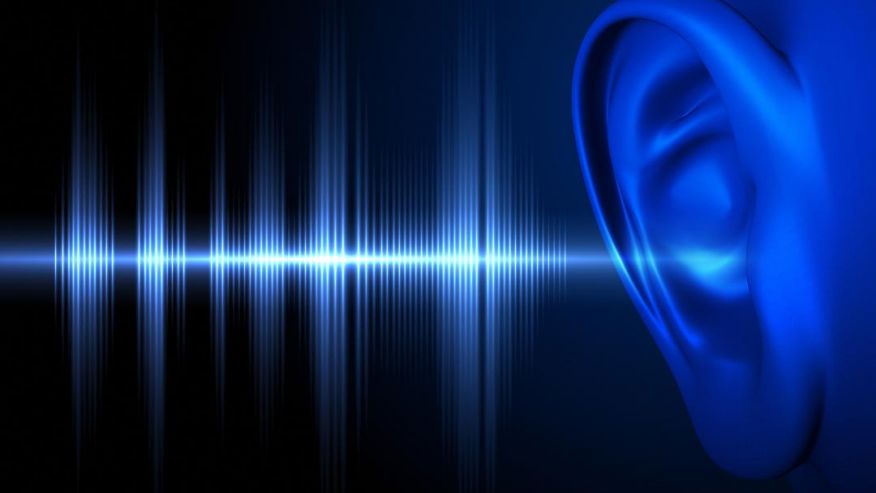Sonic attacks in Guangzhou?
June 7, 2018 | Expert Insights

The US State Department has sent back staff from the US embassy in Guangzhou, southern China, after symptoms that are similar to the “sonic attacks” reported in Cuba last year. The affected individuals were found to have “concussion-like” symptoms, without any accompanying injury.
Background
Diplomatic relations between US and China were first established in 1844 with the Treaty of Wanghia. This agreement allowed the US to trade in Chinese ports. After the Qing Dynasty was overthrown, in 1911, the US recognised the legitimacy of the Republic of China (ROC) government. However, this government was overthrown by the Communist Party of China, whom the US officially recognised by the 1970s. The two nations currently see each other as significant security threats due to their different approaches to global politics.
While the US recognises the “One China” policy, it also challenges China’s claim over the South China Sea. In recent months, China has increased its military presence in the sensitive region, leading to US criticism. Senior US intelligence officials have indicated that Beijing’s strategic use of academic institutes, businesses, and telecommunications is a significant threat to Washington, as is China’s alleged intellectual property theft and technology transfer. Political mistrust has been complicated by escalating trade tensions, with experts warning against a trade war.
Sonic attacks
Sound has been weaponised through devices such as LRADs (Long-Range Acoustic Devices), which transmit loud, painful sound. LARDs have been used to help authorities deal with large crowds and protestors. The “Mosquito” device, transmits a high frequency audible to teenagers and not adults and has been used to dismiss loiterers. Infrasound and Ultrasound devices are inaudible. However, Infrasound devices are difficult to weaponize, while Ultrasound devices cannot transmit from a distance. There is "little medical literature on the effects of these weapons," the International Network of Civil Liberties Organization and non-profit Physicians for Human Rights noted in a 2016 report.
In 2017, reports emerged that US diplomats in Cuba were facing health problems allegedly caused by an “acoustic attack.” State Department employees at the US embassy in Havana reported "physical symptoms" including hearing loss, headaches, dizziness, and problems with concentration and balance. Twenty-four US nationals and 10 Canadian officials were affected. Affected individuals reported hearing "intensely loud" sounds including "buzzing," "grinding metal," "piercing squeals" and "humming." At the time, Washington attributed the cause to a sonic attack at frequencies outside of the audible sound range (20Hz-20,000Hz). The incident is thought to have caused a rift in US-Cuba relations.
Analysis
The US state department has sent a “number of individuals” back from its consulate in Guangzhou a month after a US consulate employee reported conditions possibly symptomatic of a sonic attack. The employee had reported "subtle and vague, but abnormal, sensations of sound and pressure,” and was found to have suffered a mild traumatic brain injury.
Staff have now been sent back for “further evaluation and a comprehensive assessment of their symptoms” the US State Department said. Spokesperson Heather Nauert added that the department would investigate “whether the findings are consistent with those noted in previously affected government personnel or possibly completely unrelated.” One consulate worker, Mark Lenzi, reported hearing strange sounds including “marbles bouncing and hitting a floor then rolling on an incline with a static sound” over several months, before falling ill.
This week, US Secretary of State Mike Pompeo announced the formation of The Health Incidents Response Task Force to investigate the unexplained phenomena. A State Department medical team has travelled to Guangzhou to test other employees and their families. “The precise nature of the injuries suffered by the affected personnel, and whether a common cause exists for all cases, has not yet been established,” Pompeo said in a recent speech.
Chinese foreign minister Wang Yi had called for the “individual case” of the consulate worker not to be "magnified, complicated or even politicised." Chinese foreign ministry spokesman Lu Kang said that China had investigated the matter and found no evidence of sonic influence. “China has always followed the Vienna Convention on diplomatic relations and consular relations to protect the US diplomatic staff… from other countries,” he added.
Counterpoint
Reports have noted that scientists have “struggled” to prove that the health issues in Cuba and Guangzhou were a result of sonic attacks. Experts on the subject have said that there is no scientific precedent for acoustic effects producing these symptoms in humans. Some proposed that it could be a result of inadvertent sonar emissions by faulty surveillance equipment. Others questioned whether there could be different medical explanations. An FBI investigation in January found no evidence that acoustic weapons had been used. The Cuban government has called the reports "science fiction" and denied any involvement.
Assessment
Our assessment is that if the US perceives this incident as an attack against its citizens, it could result in a diplomatic falling-out between US and China. This would exacerbate the already strained ties between the two powers. However, there is currently no concrete scientific explanation and the cause of this illness is unknown. We believe that further research should be conducted before actions are taken.








Comments